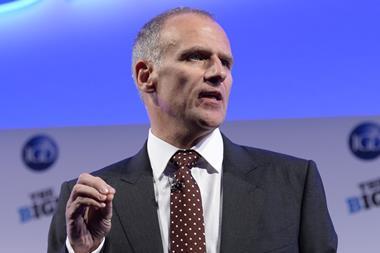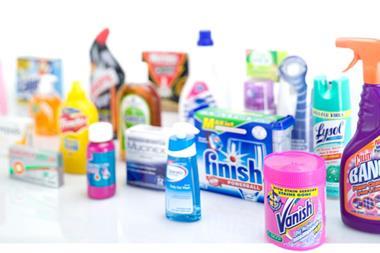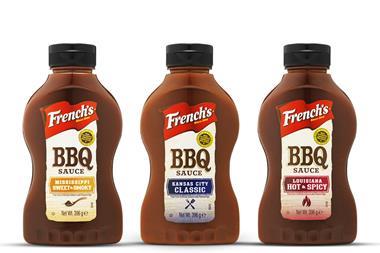Reckitt Benckiser (RB) has cut CEO Rakesh Kapoor’s annual pay by £14m and paid him no annual bonus due to the fallout from its consumer safety scandal in South Korea.
Reckitt’s shares continued to perform strongly last year (rising by almost 10% year-on-year), but the company’s performance has been hit by the fallout from a disinfectant scandal in South Korea which was linked to the deaths of 92 people.
The RB remuneration report for 2016 says its strong performance over the past three years has “created over £18bn of value for our shareholders” and the year saw strong margin expansion and continued revenue growth.
However, the RB remuneration committee said despite this “excellent financial performance” it has cut Kapoor’s pay to “exercise discretion” in light of the South Korea scandal.
It noted that the events in Korea took place between 2001 and 2011 which was before Kapoor’s tenure.
However, it decided that he would receive no annual bonus for the year and his awards under its long term incentive plan would be cut by 50%.
“The impact of this discretion is to reduce the CEO’s single figure by £14m from that which would have been earned based on the 2016 financial performance,” RB stated.
Kapoor’s overall pay for the year was £14.6m, primarily consisting of a base salary of £918k (up 3% from 2015) and long term incentive plan awards of £13.4m.
That figures represents a 42% drop from his pay in 2015 of £25.5m, which included an annual bonus of £3.8m and long term incentive plan awards of £20.5m.
The RB annual report suggests without action to withhold awards due to Kapoor under its pay plan he would have received almost £29m in 2016.
At RB’s AGM last year 18% of investors voted against its remuneration report for 2015 which made Kapoor one of the top five paid bosses in the FTSE 100.
However, Kapoor’s pay will continue to constrained over the next two years as the committee has also committed to making further reductions of one-third for the CEO awards due to be made in December 2017 and 2018.
During RB’s financial year an exceptional charge of £367m was incurred relating primarily to costs associated with the South Korea issue.
RB’s annual report states: “We recognise that it will be a long road to recover the trust of South Korean consumers. We also understand that all the work Oxy RB can do pales in comparison to the hardship and irreparable harm suffered by HS victims.
“Oxy RB cannot undo the past but can work to make amends. Today its focus is on these victims and ensuring they have recognition and fair compensation for the damage caused.”




















No comments yet